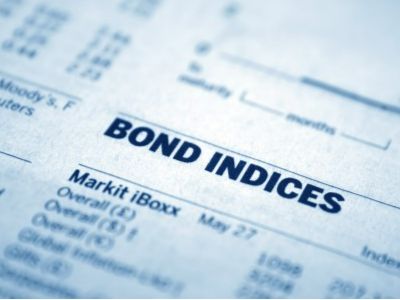Shengjing's 2025 Investment Outlook: The economic fundamentals of emerging markets in Asia remain stable.
2024-11-29 14:44
If the United States implements more stringent policies against China and other emerging markets, the Chinese government may introduce more measures to promote domestic economic growth.
Shun Senior Investment Portfolio Manager Ding Yifei stated his investment outlook for 2025. He said that Trump will return to the White House for a second term, and some of his policy proposals during the campaign period seem unfavorable to emerging markets. However, the economic fundamentals of Asian emerging market countries remain robust. If the US imposes more stringent policies on China and other emerging markets, the Chinese government may introduce more measures to promote domestic economic growth. In this scenario, the impacts of the policies implemented by both sides may ultimately offset each other for Asian emerging market countries.
Recently, the US has undergone significant changes. In September 2024, the Federal Reserve started a cycle of interest rate cuts. In early November, the US held presidential elections. In 2025, Trump will return to the White House for a second term, and he is likely to adopt a loose monetary policy. Some of Trump's policy proposals during the campaign period seem unfavorable to emerging markets, especially export-oriented emerging market countries. Although the details of the policies will be announced months later, we can breathe a sigh of relief that, relative to other regions in the world, the economic fundamentals of Asian emerging market countries remain sound.
Given the global economic slowdown, the healthy growth of Asian emerging market economies, sound government finances, can provide better downside protection for asset performance in the coming quarters. China's recent policy shift has also boosted our confidence because it shows that the government is placing more emphasis on economic growth goals.
Although we believe that the fundamentals of Asian emerging market sovereign and quasi-sovereign bonds are strong and can provide better cushioning in a bear market, the current valuations of these bonds are still very high, especially investment-grade bonds. We can see that in the past, the yield of Asian investment-grade bonds was much higher than that of similarly rated US investment-grade bonds. However, the yield premium has since decreased from about 80 basis points to about 30 basis points.
With the Federal Reserve entering a rate-cut cycle in September 2024, the pressure of capital outflows from Asia has eased, and central banks in Asia now have more room to cut interest rates. Currently, real interest rates in Asia have been hovering above historical averages. With the global economic momentum slowing down, we expect local central banks to implement more accommodative monetary policies and cut local policy rates. Therefore, investing in local currency government bonds may bring capital appreciation.
We expect the overall balance of currency risk for the Asian emerging market local currencies against the US dollar in 2025. On the one hand, as the Federal Reserve cuts rates more aggressively than the Asian central banks, the interest rate differential will favor local currencies. However, the trade policy planned by US President-elect Trump will be unfavorable for the performance of local currencies in export-oriented economies. We believe that Trump's election may lead to more volatility in Asian exchange rates. However, we do not expect this to result in a sustained depreciation of Asian currencies against the US dollar because the market will mainly focus on fundamental factors such as interest rate differentials and economic performance.
Investment Risks
Investment value and any income may fluctuate (partly as a result of exchange rate fluctuations), and investors may not be able to recover the full investment amount.
When investing in underdeveloped countries, be prepared for significant value fluctuations.
Investing in certain securities listed in China may involve significant regulatory restrictions that could affect liquidity and/or investment performance.
RECOMMEND

AMAC: In January, 137 new asset-backed special plans were filed, with a total scale of 1122.64 billion yuan.
26/02/2025

Schroder Investment: Investors should consider allocating funds to securitized credit and insurance-linked securities.
26/02/2025

Reuss County Asset Annual Reflection: Policy Tipping Point is very clear. The semiconductor industry in 2025 is a game for the brave.
26/02/2025


